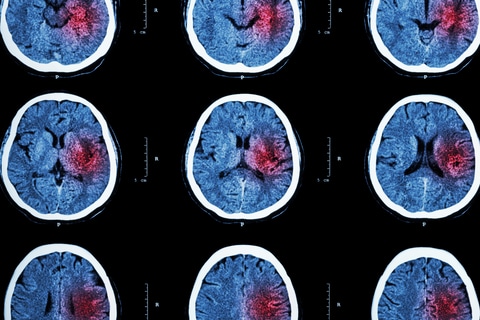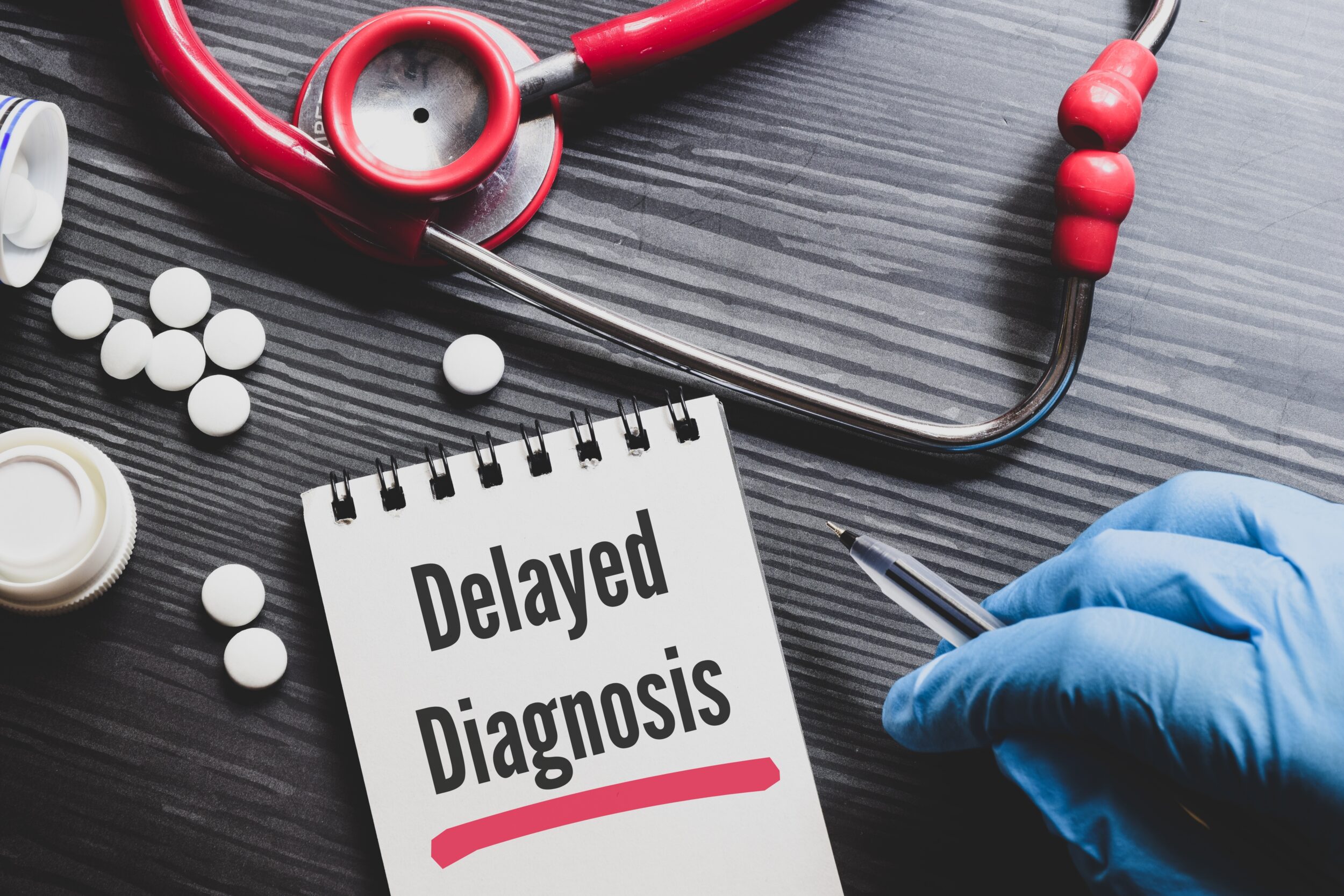
When minutes matter, a delayed or missed stroke diagnosis can mean the difference between full recovery and irreversible harm. Unfortunately, strokes are sometimes overlooked in emergency rooms and hospitals due to misread imaging, dismissed symptoms, or lack of urgency.
If you or a loved one suffered catastrophic injury or death due to a medical provider’s failure to diagnose a stroke promptly, you may have legal options.
Kline & Specter, PC is one of the most accomplished personal injury law firms in the United States. With a unique team that includes five attorney-physicians and more than 50 trial lawyers, we combine deep medical understanding with unmatched litigation success.
Stroke Statistics
According to the CDC, each year, roughly 800,000 Americans have a stroke – once every 40 seconds. About 160,000 of these individuals die, while many others suffer permanent disabilities such as paralysis or loss of speech. Discounting COVID-19, stroke is the fourth most common cause of death in the United States.
A stroke can be identified as it occurs, with symptoms including the sudden onset of: facial drooping, slurred or lost speech, drooling, weakness or numbness on one or both sides of the body, blurred or lost vision, loss of balance, and a severe headache.

Stroke can be treated with a drug called tPA (tissue plasminogen activator). However, there is only a brief time to receive the drug to break up a blood clot before brain cell damage becomes permanent.
What Happens When a Stroke Is Misdiagnosed?
A stroke misdiagnosis can occur when medical providers fail to recognize or act on key symptoms, such as sudden weakness, numbness, vision changes, difficulty speaking, or confusion. Time is critical in stroke treatment — immediate administration of clot-busting medication or surgical intervention can prevent permanent damage. A delay may lead to paralysis, brain damage, or death.
Common causes of missed stroke diagnoses include:
- Failure to order timely imaging studies (CT or MRI scans)
- Misinterpretation of imaging results
- Dismissal of symptoms as minor or unrelated
- Inadequate assessment of risk factors, such as high blood pressure or atrial fibrillation
When these mistakes occur, victims may be left with life-altering disabilities and their families with emotional and financial burdens.
Who Can File a Stroke Misdiagnosis Lawsuit?

Victims of severe, preventable harm due to diagnostic failures — or their families in fatal cases — may be able to pursue a medical malpractice claim. At Kline & Specter, we focus exclusively on cases involving catastrophic injury or death. We thoroughly investigate each case, consulting top medical experts to establish whether accepted standards of care were breached.
You may have grounds for legal action if:
- A stroke was not diagnosed or treated within a critical window
- A loved one died following a delayed diagnosis
- The injury has caused permanent disability or a significant loss of quality of life
Why Choose Kline & Specter for Missed Stroke Diagnosis Cases in Philadelphia?
Kline & Specter, PC stands apart as a national leader in catastrophic injury litigation. Our firm includes five attorneys who are also medical doctors — a distinction unmatched by any other law firm in the United States. This unique combination allows us to understand the medicine as deeply as the law.
Our record includes:
- More than 50 attorneys, many of whom have secured multimillion-dollar verdicts
- Hundreds of seven- and eight-figure case results, including two verdicts in the billions
- A dedicated medical malpractice team that has won verdicts as high as $100 million in individual cases
- Recognition from The New York Times, Philadelphia Inquirer, and Law360 as a powerhouse firm
Among the cases involving stroke that our firm has litigated was a $17.5 million jury verdict against the Veterans Administration for an ex-Marine who suffered a stroke following a dental procedure. We have also settled several stroke cases, including those for $25 million and $15 million, where, respectively, a doctor failed to administer clot-busting medication to a male patient and another against a hospital involving medical care that caused a stroke in a middle-aged woman.
Discuss Your Missed Stroke Diagnosis Case
If you believe a medical provider’s delay in diagnosing a stroke resulted in permanent injury or death, the experienced legal-medical team at Kline & Specter may be able to assist you. Call 215-772-1000 or submit our contact form to find out if you have a valid legal claim.
Kline & Specter provides free and confidential evaluations of potential cases. Kline & Specter handles cases in Pennsylvania, New Jersey, Delaware, and New York. For cases outside those states, the law firm works with local attorneys in each state as applicable.

